Losing a loved one is always heartbreaking. There is no right word to say a final goodbye to that precious one. All you can do is to do your best to bid your loved one a warm and unique farewell. I guess you have searched for the types of funerals on the internet several times and are quite sure that you have become pretty confused! You are probably thinking about which type of funeral will be the best suited for your beloved. Not to worry at all, why am I here?
I’ve come up with 10 distinct funeral types for you. Continue reading and find out which one will complement the demised perfectly.
Table of Contents
10 Types of Funeral
A funeral is a ceremony or service which is held soon after a person’s death. It is performed with the presence of the body and includes cremation or burial of the corpse.
The types of funeral vary with the culture, tradition, country and state law. For your ease, I’m presenting 10 unique types of funerals.
1. Traditional Funeral
The traditional funeral is commonly called a religious funeral. It is mainly based on religious faith and belief. Traditional funerals have unique and meaningful rituals from preparation to the burial.
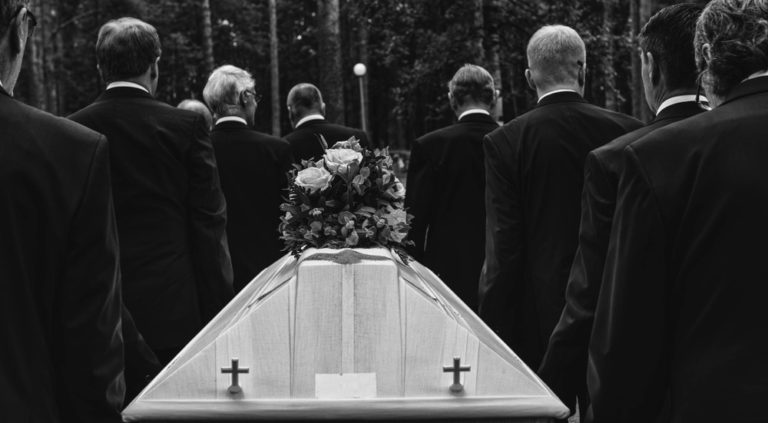
In the United Kingdom, the most followed religion is Christianity, and the traditional funeral is still the number one type of funeral.
It is typically held in a place of worship like the church and presided over by a religious official. The casket or urn is present, and friends and families play or sing songs in the memory of the demised. Sometimes any of them can deliver a eulogy. As it is religious, often a pastor will give a sermon.
This type of funeral is a reassuring touchstone for many, drawing on centuries of tradition, representing a familiarity that you may find consoling at times of loss. If your loved one was a religious person, it is the best option as it will reflect his/her lifestyle, priority and belief.
2. Non-Religious Funeral
The number of non-religious people is increasing around the world. In Great Britain, the number is almost doubled. So, in this age, more people are looking for non-religion funerals. It is often referred to as a humanist or civic funeral.
Anyone can perform the rites in a non-religious funeral. However, you can select a humanist or celebrant to help in structuring and delivering the service. This funeral focuses on the celebration of life rather than grief on death. That’s the reason why it’s gaining popularity.
There is no strict rule or requirement in the humanist funeral. So you can choose the location as per your wish. Typically it is held at crematoriums, cemeteries or woodland burial sites.
3. Direct Burial
If you want to bury your dear one without any formal ceremony, you can select this option. It is a simple type of funeral with fewer regulations.
In the direct burial funerals, visitation, ceremony and graveside services are absent. Only the funeral home buries the casket. It is as simple as that!
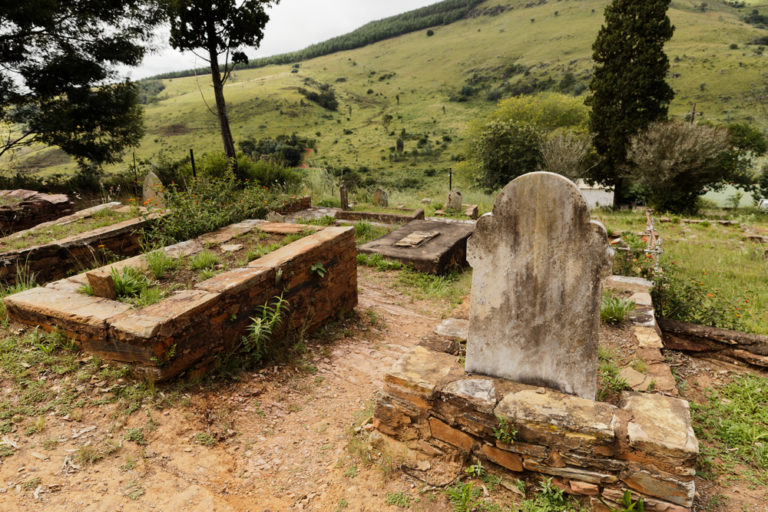
Direct burials are very affordable for you and the family as there will not be any formal funeral. But your wishes to have your loved one interred in a cemetery will be complete. Often, direct burial funerals happen when the family lives far from the decedent or has a plan for memorial service later.
4. Direct Cremation
Cremation is the disposal of the dead body by burning into ashes. It is done after the funeral ceremony. It is a stand-alone event like a direct burial. There is no formal visitation funeral either. It is the least expensive option among all.
If you choose direct cremation for the deceased, the funeral home or crematory will burn the corpse and return you the remains. They will return the ashes in a very basic container. However, you can transfer the remains into a permanent urn.
5. Burial at sea
It is a more creative one. If your precious one were a salty sea dog, he/she would definitely wish for the romantic notion of being buried at sea. Do you think that I’m a complete freak? Na, na, it’s totally possible to perform funerals at sea.
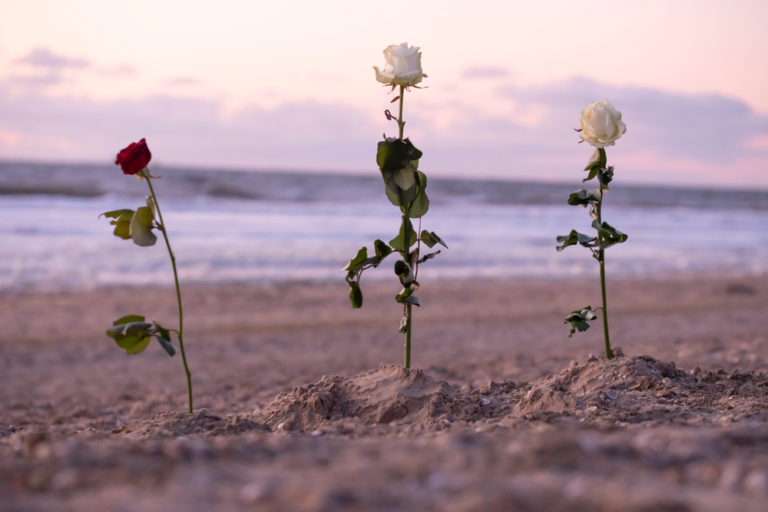
In the United Kingdom, three renowned places arrange burial near the seashore. They are:
- Off the Needles, Isle of Wight
- Between Hastings and Newhaven
- Off Tynemouth, North Tyneside
But if you are thinking of the cost, it’s a bit expensive. Moreover, there are strict rules set up by the government. You also have to send a notice to the Coroner for your intent to remove the Body from the UK. You may need to provide evidence that your proposed sea burial location is suitable.
A bunch of hassles but you want to embrace the maritime connections of your loved ones. Don’t you?
6. Green and Woodland Funerals
We all are aware of the environment more than ever. It causes rise to the eco-friendly way of funerals dramatically as cremation emits phosphates. This type is called a green funeral. They are very popular among people who want to rest in peace with nature forever.
Natural burial locations are pretty common around the UK. The charity Natural Death Centre authorises many sites.

In a green funeral, the body is put in a biodegradable coffin or even a burial shroud. It is then buried not more than two feet deep from the top of the coffin/shroud to reduce methane emissions.
An environment-friendly coffin is made of bio-degradable material which is accepted by the owners of the natural burial ground. But if you prefer woodland burial, you don’t need to bother about a coffin, and you can always choose to bury the body in a shroud.
7. Wake
Wake is mainly a social gathering associated with death. It is usually held before the funeral. The origins of traditional wakes are in Catholicism, so during the wake, the faithful may say the Rosary.
Traditionally the wake is performed in the deceased house. Nowadays, funeral homes often deliver the wake. A wake is also sometimes held in a place of a funeral as a social celebration of the person’s life.
People sometimes call wakes visitations or viewings. During the wake, loved ones come together to commiserate one another and to convey their final respects to the deceased. The corpse may or may not be present during the wake.
8. Scattering Ceremony
What does the most common image come across your mind when you think of scattering ceremony? It is tossing ashes into the wind or sprinkled on the surface of a lake, river, or sea. In it?
Whether one person is responsible for the casting or it’s a group effort, it’s a challenging job! You have to check the direction of the wind to avoid having the ashes come back and make a mess. You can perform a scattering ceremony in many ways:
A floating ceremony requires the purchase of a water-soluble urn.
A trenching ceremony involves digging a shallow trench into the soil and then raked over after finishing the rituals. You can cut a channel into the soil or sprinkle the ashes directly on the ground around the tree or shrub.
A raking ceremony is pouring the ashes on the ground and then taking them into the soil at the end of the ceremony.
A sky ceremony is the use of a private aeroplane and does not usually involve family members.
9. Do It Yourself (DIY)
It is a customised type of funeral. you can arrange a personalised funeral or home funeral service if you like.
Before arranging a DIY funeral, it is worth thinking about the logistics. For instance, who will look after the body in the lead up to the home burial? How long will it be kept for and will it require any special treatment? Where will the person be buried?
In addition, for a DIY Funeral, you will also need to think about digging the grave and whether you require the expertise of a professional gravedigger.
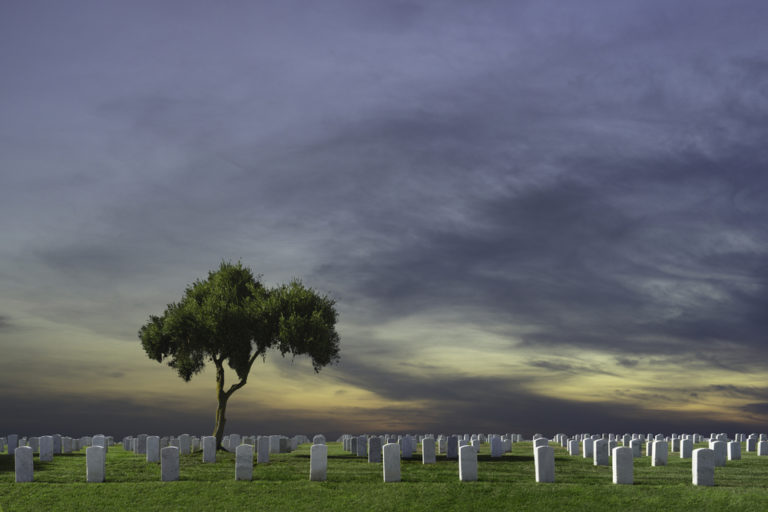
10. Memorial Service
The memorial service is one of the common types of funeral services. It is very similar to a traditional funeral.
It is that type of funeral where ceremonies and rituals are performed without the presence of the dead body.
The beauty of memorial services is that they do not have to occur within a specific time frame following a death. They can occur a day after interment or inurnment, a year later, or whenever. The remains are not at the centre of this service, only the precious memory of the deceased.
Related:
1. How to Become a Funeral Director – Explore Jobs & Career Paths
2. Everything You Need to Know about Funeral Service
3. 10 Unique Funeral Service Ideas: Make a Loved One’s Funeral Special
Final Remarks
Now I believe that you have a crystal clear idea about the types of funeral. I am hoping that you have found this blog very helpful.
Go and create a creative and unique funeral for your loved one and embrace their journey towards eternity. Please don’t mourn, celebrate their life in an elegant yet festive manner!
Cheerio!
Recent posts
- Line Management: How to be a Good Line Manager?
- How Long Should a Health Sector Career Take?
- The Importance of BSL in Everyday Life
- Why Corporate eLearning is Essential for Organisational Training
- Take your Business Expertise to the next level: Get your MBA
- Read to Lead: Books That Cultivate Effective Leadership Skills
- Crafting an Effective Home Schooling Curriculum: A Comprehensive Guide
- Learn How to Write a Term Paper | From Start to Finish
- Student Entrepreneurship: Creating and Selling Custom T-Shirts as a Learning Experience
- Easy Steps to Create Your Business Proposal. Contract proposal






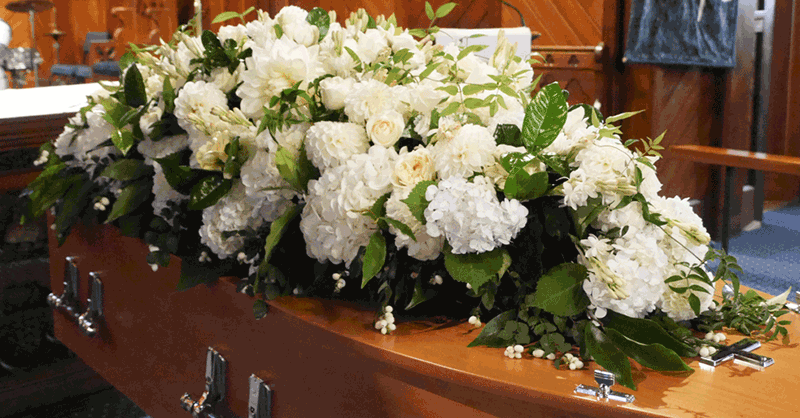
 August 24, 2020
August 24, 2020








